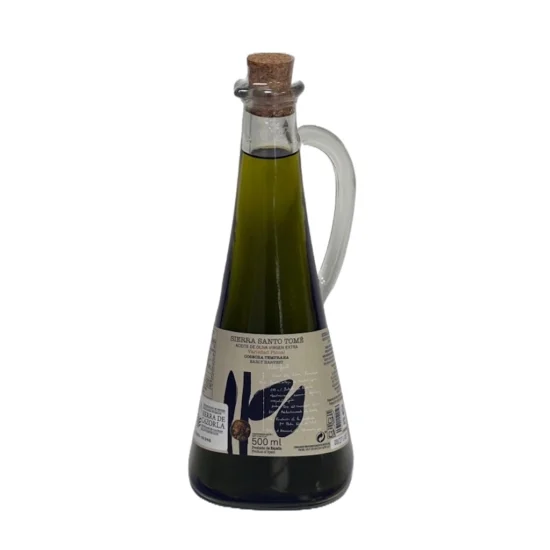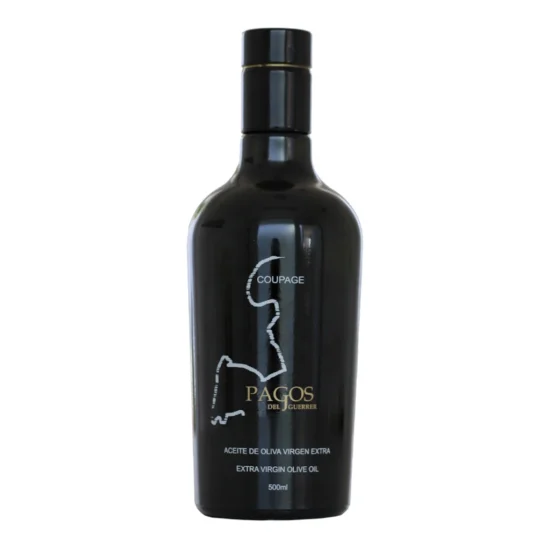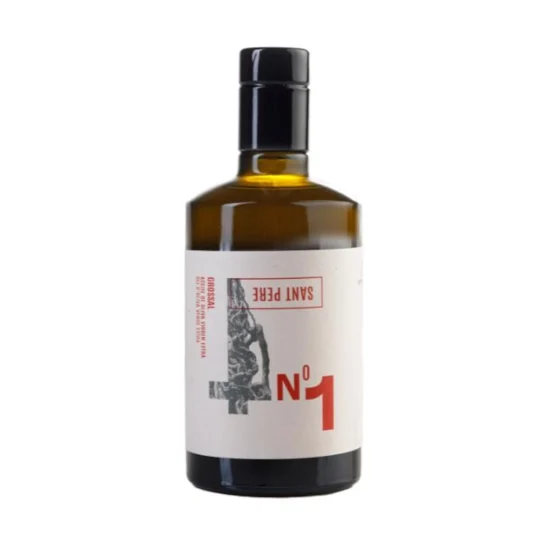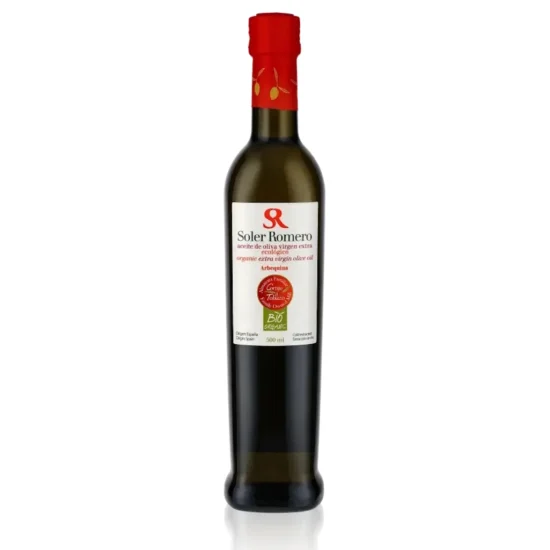
Extra virgin olive oil (EVOO), a cornerstone of the Mediterranean diet, has become the focus of a study highlighting its neuroprotective and anti-inflammatory potential. A team of researchers from CIDAF (National Center for the Study of the Nutrition and Food Technology), the José Mataix Verdú Institute of Nutrition and Food Technology, and the University of Granada has analyzed the phenolic compound content in EVOO from two Protected Designations of Origin (PDOs) from Granada, Spain, and their relationship with the inhibition of key enzymes in neurodegenerative processes.
The study focused on the characterization of 15 EVOO samples, using liquid chromatography coupled with mass spectrometry (HPLC-MS) to identify and quantify the phenolic compounds present. Among the most relevant families of compounds are phenolic alcohols, secoiridoids, lignans, flavonoids, and phenolic acids.
Researchers evaluated EVOO’s ability to inhibit two crucial enzymes in the development of neurodegenerative and inflammatory diseases: acetylcholinesterase (AChE) and cyclooxygenase-2 (COX-2). Spectrophotometric and fluorometric assays were used. The results revealed that the EVOO samples with the highest concentration of phenolic compounds and inhibitory activity were those from the Picual and Manzanillo varieties.
The statistical analysis showed a positive correlation between the content of phenolic compounds and the inhibition of AChE and COX-2 enzymes, with the exception of lignans. These findings reinforce the neuroprotective potential of EVOO, confirming its benefits beyond the nutritional sphere.
The study highlights the variability in phenolic composition among the different PDOs of Granada, revealing statistically significant differences. This discovery underscores the importance of the origin of EVOO in determining its biological properties.
While the results are promising, the researchers emphasize the need for additional studies to delve deeper into the relationship between phenolic compounds, PDOs, and the neuroprotective potential of EVOO. Expanding the sample to include more EVOO varieties will strengthen the conclusions and provide a more complete view of their health benefits.
“Our findings reaffirm that EVOO from Granada, rich in phenolic compounds, has considerable neuroprotective and anti-inflammatory potential,” says one of the study’s principal investigators. ‘These results reinforce the hypothesis that phenolic compounds are essential in the prevention of neurodegenerative diseases, opening new opportunities for their therapeutic use.’
In conclusion, Pomegranate EVOO is positioned as a natural shield for the brain, thanks to its richness in phenolic compounds and its ability to inhibit key enzymes in neurodegenerative processes. Continued research will allow us to fully explore the beneficial properties of this precious food and its potential to protect our health.
A study published in Nutritional Neuroscience, conducted by researchers at the Universidade Federal do Rio Grande do Sul, evaluated the anti-inflammatory effect of extra virgin olive oil (EVOO) in obese rats. The research focused on dietary supplementation with EVOO and its impact on hypothalamic inflammation and key metabolic parameters.
The results demonstrate a significant reduction in inflammatory activity in the hypothalamus of subjects treated with EVOO. This decrease correlated with improvements in metabolic indicators such as glucose regulation and lipid metabolism.
The authors suggest that the polyphenols present in EVOO are responsible for this anti-inflammatory action. The study concludes that EVOO exerts beneficial effects not only at the systemic level but also in the central nervous system, underscoring its potential as a therapeutic and preventive agent in the management of metabolic disorders.
Important Note: aceitedelcampo.com promotes the consumption of extra virgin olive oil for its culinary qualities and health benefits. However, no medication or current treatment should be replaced without the guidance of a healthcare professional.




ALZAYT EXPORT SL
info@aceitedelcampo.com
C/ Eduardo Bosca 19, 2-5
46023 Valencia
Subscribe and receive a coupon by email for your next purchase.